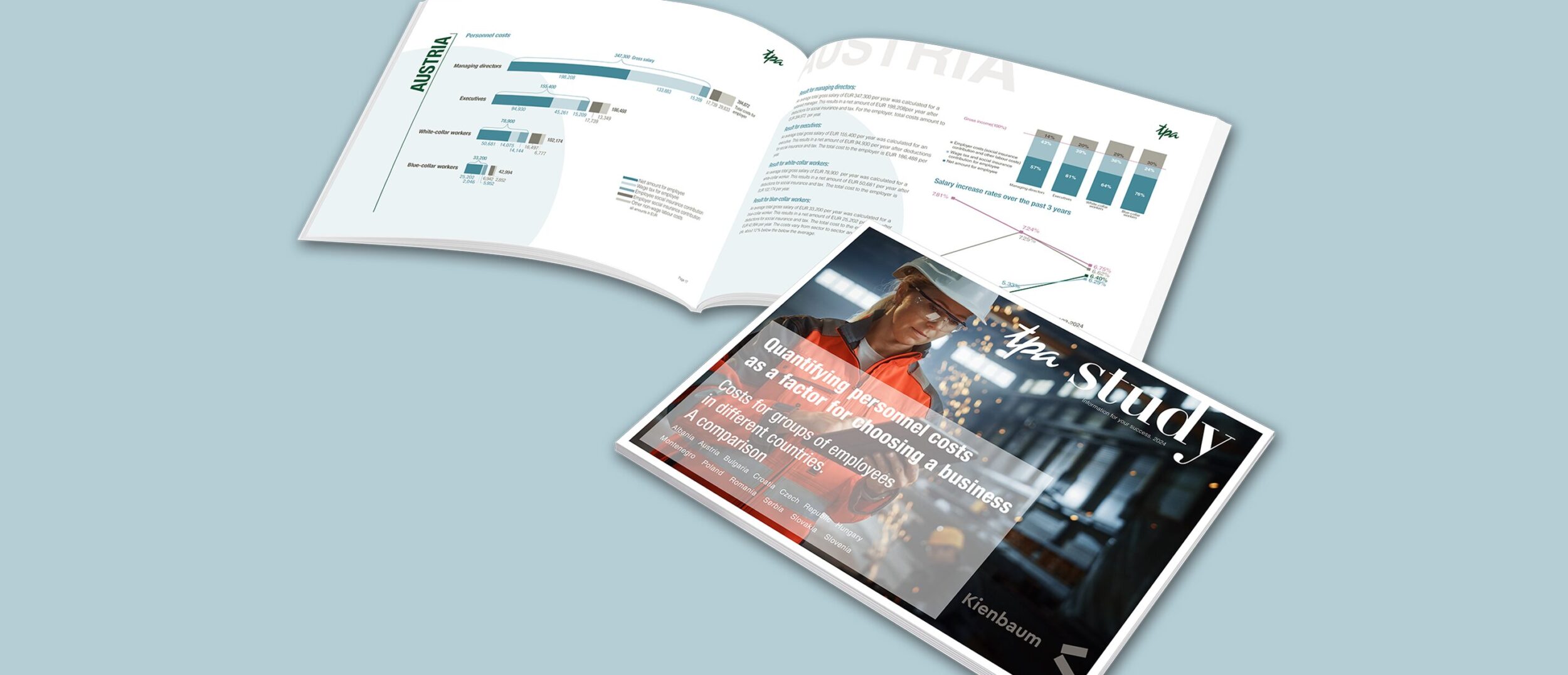News
9. March 2021
Reading Time: 4
Min.
news
Tax function management: Who needs it and why? And, above all, why now?
Why might a tax function management system be good for your business?
Here we have briefly summarized what a tax function management system (Steuerkontrollsystem, SKS) offers and why now is a good time to introduce or improve an internal SKS.
What is an SKS?
The purpose of an SKS is to ensure that existing tax obligations are identified, that the tax bases for the relevant type of tax are set at the correct level and that the taxes due on them are paid on time and in the correct amount.
An SKS documents the processes, responsibilities and concrete measures required here, thereby seeking to avoid errors and to minimise financial risks posed by tax arrears and the associated consequences of late payment.
An SKS essentially comprises a risk-control matrix which sets out the company’s main tax risks and control measures. This depends on the specific business model, according to whether taxes along the supply chain (VAT or permanent establishment issues), accounting issues, deductible expenses, payroll or transfer pricing issues are relevant. This risk-control matrix should subsequently be reviewed on a regular basis whenever there are changes to the business model (acquisitions, reorganisations, market entries, introduction of new ERP systems, staff departures, etc.).
The KSW (Austrian Chamber for Tax Consultants and Public Accountants) has had a standard for SKSs in Austria since 2019.
What is the benefit of a tax function management system?
An SKS basically serves to ensure that tax compliance obligations are properly met, thereby minimising financial risks posed by tax arrears and the associated consequences of late payment. The advantages offered by an SKS, should errors indeed occur, are substantial.
If an appropriate SKS is in place and not enough tax is paid, the SKS can help show that no punishable financial offence was committed (i.e. wilful or grossly negligent).
Although there has been no binding statement from the Austrian tax authorities in this regard to date (unlike in Germany, where the exculpatory effect has been explicitly stated), an effective SKS is expected to minimise considerably the risk of personal and criminal liability for managers. When it comes to the responsibility of legal entities, financial offences committed by employees should not be attributed to the entity, provided that an appropriate SKS has been established in the entity.
“Good tax conduct” is particularly relevant for matters relating to tenders and subsidies: In Austria, good conduct was defined in a separate law (“Federal law linking federal funding provided as a result of the COVID-19 pandemic to good tax conduct”) with effect from 1 January 2021. COVID-19 subsidies will be refused if, for example, a financial penalty of more than EUR 10,000 has been incurred in the five years preceding the application.
Furthermore, having a certified SKS is one of the prerequisites (in addition to, among other things, a turnover threshold of EUR 40 million in two previous business years) for participating in the horizontal monitoring scheme (‘Begleitende Kontrolle’), which has been in place since 2019.
SKS – Why now?
The pandemic means that many companies have been working from home to a much greater extent for a year now. Internal processes that were previously carried out in the office – such as approving invoices, signing off input tax declarations, etc. – are already carried out digitally in the best case, but in some cases without a documented principle of dual control. In times of remote working, where employees alternate when working in the office, an “organised lack of responsibility”, that may have worked up to now, often reaches its limits and harbours considerable risk.
It is precisely this transformation of work processes that should therefore be used to clearly define tax processes and make them suitable in times of remote working.
Who should have it?
An SKS is generally advisable for every company, with the actual scope of the tax policy or SKS depending on the respective company size and complexity of the business model. The larger a company becomes, the more important well-documented internal control processes are. This is often something that is underestimated, overlooked or implemented too late, particularly in fast-growing companies (e.g. companies after the start-up phase)
What does it look like?
A tax function management system typically includes:
- A tax policy
- Process documentation
- A risk-control matrix
The tax policy is intended to outline the goals and the cornerstones of the SKS and define the responsibilities for tax processes. It defines how tasks are to be shared among the departments and the role of management in the process, as well as laying down measures for internal information, communication, further training of employees, and prevention.
The tax risks assessed as well as any management and control measures are usually documented in a risk-control matrix. This is where certain control measures are assigned to the specific risks – for example, the principle of dual control is established, audit routines are introduced, random checks are defined, and (external) tax compliance checks are planned.
The scope and the specific structure of the tax function management system depend on many factors, such as in particular the business activity, the organisational structure and the complexity of the company. The size of the company especially plays a decisive role here – the larger the company, the more comprehensive and detailed the SKS should be.
TPA tip: An SKS does not always have to be developed from scratch. It can usually be integrated into or built upon an existing operational (accounting-related) control system.
TPA tip: It is not enough to merely set up an SKS. It must also be used and regularly evaluated.

